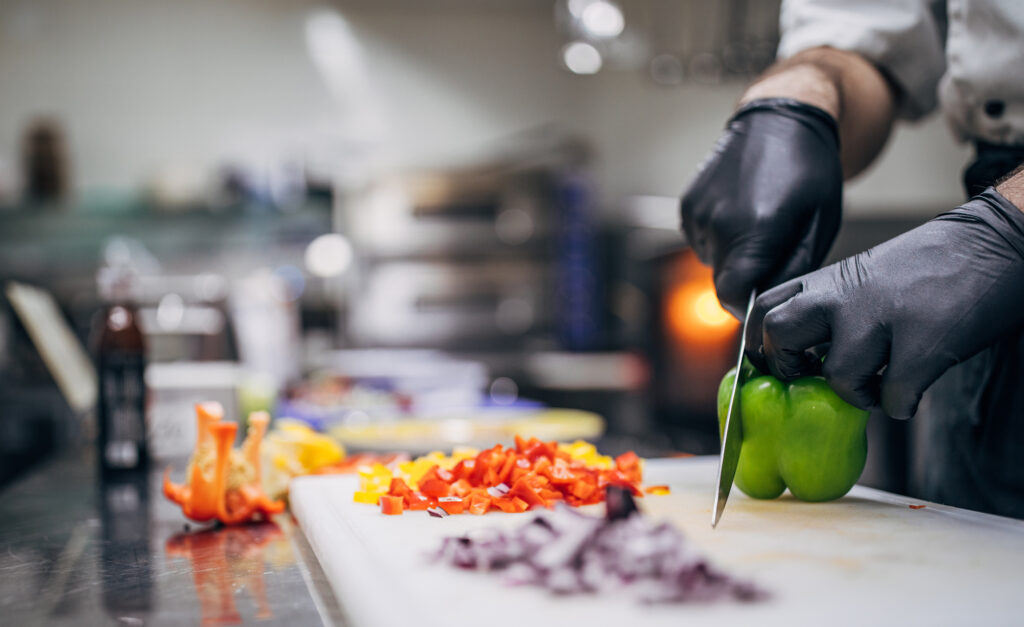Every time a new food safety regulation is implemented, time-consuming procedures and compliances seem to follow. Before you know it, all of the new Standard Operating Procedures (SOPs) and Prerequisite Programs (PRPs) are overwhelming. The reality is you cannot wait until the last hour to prepare for an assessment. Remaining compliance is impossible without a proactive plan and restaurant audits are necessary.
To combat the last-minute compliance scramble, more and more restaurants regularly scheduled internal audits to review all aspects of their store operations.
For restaurant managers and owners, this should be the new norm.
There are just too many benefits and little downside. Internal audits pressure employees to remain compliant if they know it’s just a part of their day-to-day tasks. They keep restaurants “audit-ready” and bring peace of mind to owners knowing they’re always ready for a review.
5 benefits to an internal restaurant audits
We’ve established that the rate and complexity of new food regulations are too much to overcome with a proactive plan. But aside from staying in compliance, having a continuous food safety audit system would be wise even if regulations weren’t so strict. Here are five big benefits of creating a continuous audit system for your restaurant:
1. Establish accountability
You already have processes and procedures in place for a reason. And while in a perfect world, employees would follow them flawlessly at all times, we know that’s not reality. Continuous internal restaurant audits keep a record of who did what, when, and how. When something goes wrong, the responsible individual is held accountable.
2. Discover and fix problems faster
Restaurant audits reveal issues before they become more significant problems. They give much needed time to make adjustments and corrections before an inspection finds them and owners are fined or temporarily shut down. They also significantly mitigate the risk of injury or illness.
3. Increased operational efficiency
Having a living record of inputs by employees gives you real-time feedback that’s extremely valuable. When you continually monitor processes and procedures, you get constant feedback on what’s working well and what needs to be fine-tuned. With that information, owners can drive efficiency in every restaurant or bar area by making necessary tweaks.
4. Continual improvement
The most successful businesses in any industry are always looking for ways to get better. As noted, auditing generates the data you need to improve. You can’t improve if you don’t know where you are. If things don’t get better, the data shows you where you’re falling short. Small improvements add up over time in a big way.
5. Food and facility safety
Part of your continuous internal auditing plan will be to audit food and facility safety. Electrical, fire, and infrastructure checks will reveal minor problems before they become serious hazards. Food safety is the number one concern for restaurants. Having accountable systems to ensure food is stored and cooked at proper temperatures dramatically reduces the risks of foodborne illnesses.
The right restaurant insurance matters
Along with establishing a robust continuous internal auditing system, restaurants need to make sure they have unexpected proper insurance. People can and do sue restaurants. Owners need to be protected when faced with a lawsuit. Most lawsuits filed against hospitality risks stem from food-related issues, and managers need to know their stores and assets are safeguarded in the event of an accident.
McGowan’s Restaurants, Bars, and Taverns Insurance help Brokers find the necessary coverage for any food enterprise, from restaurants to gastropubs.


